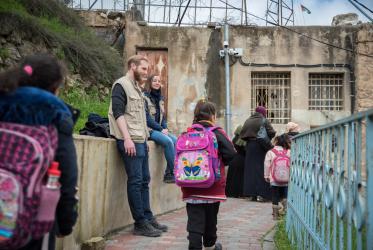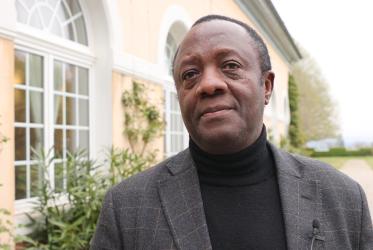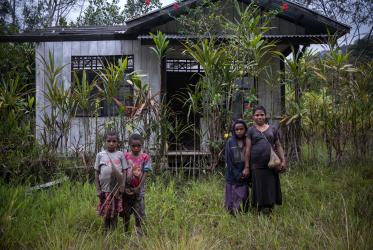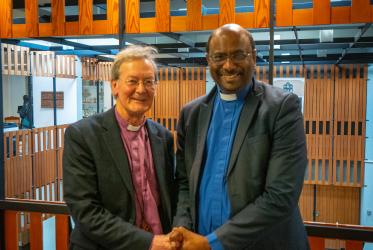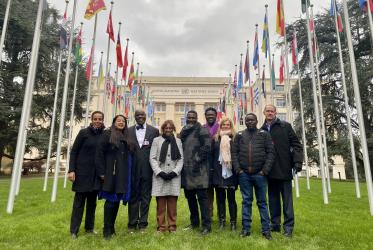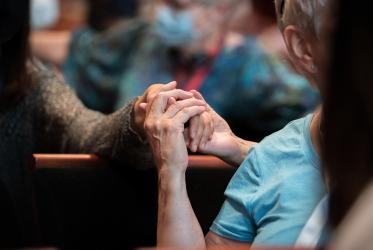Displaying 141 - 160 of 476
Clewer Initiative, WCC map course for even stronger collaboration
02 February 2023
Pandemic and pedagogy: what are the valuable lessons?
21 December 2022
As Bethlehem prepares for Christmas, ‘it’s all about community’
08 December 2022
